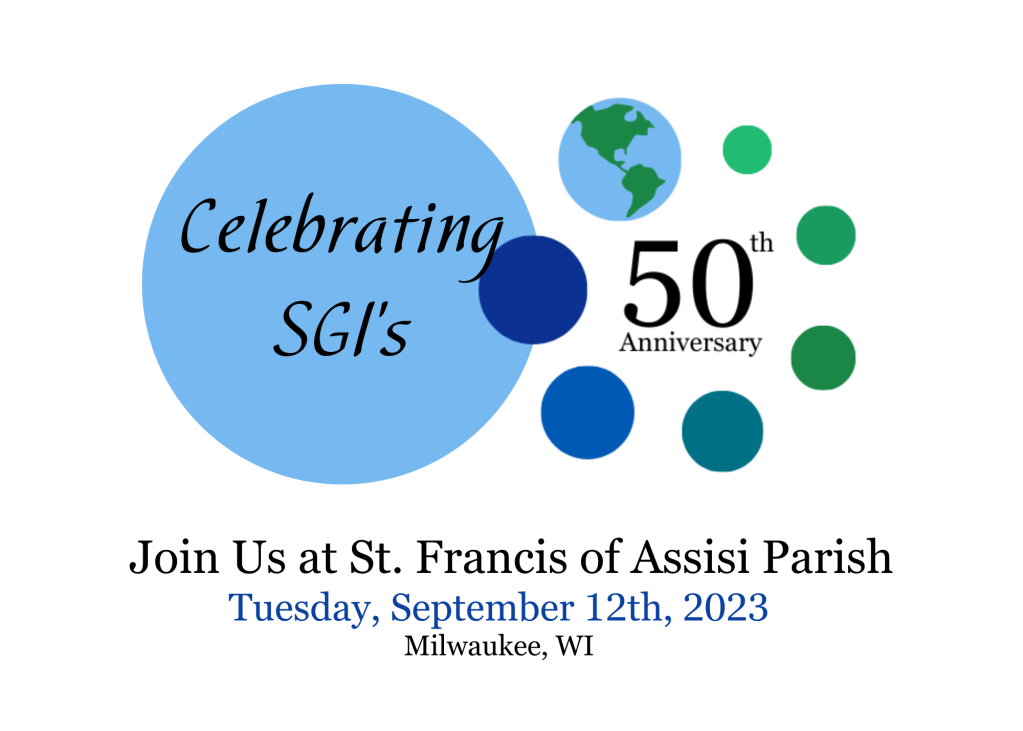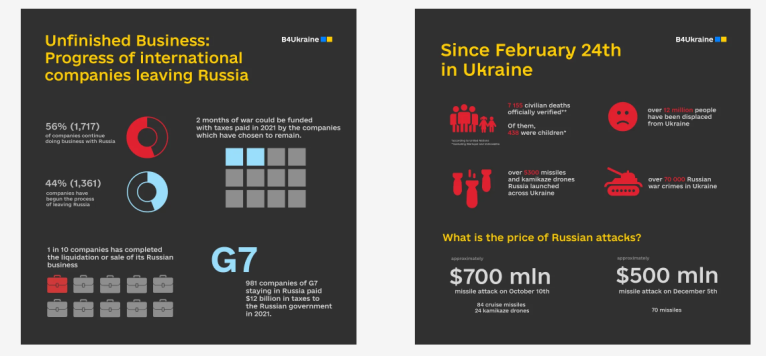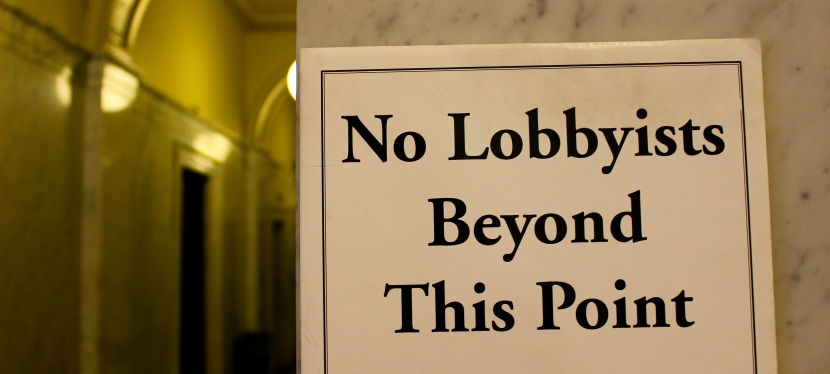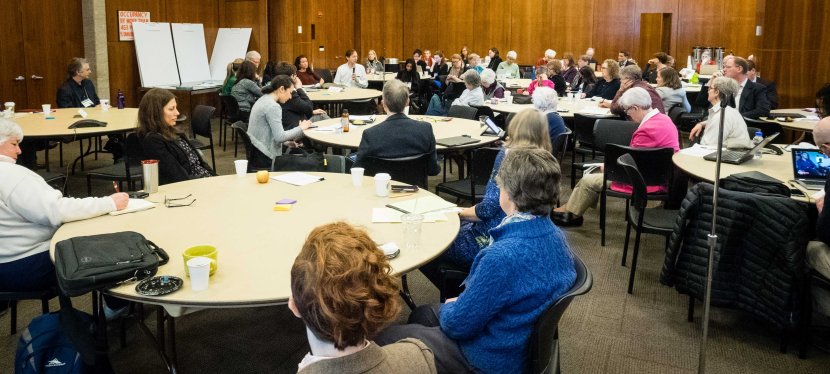SGI began in 1973 when our founders, Fr. Michael Crosby, O.F.M, Cap., Sr. Alphonsa Puls S.S.S.F., and Sr. Charlita Foxhoven, S.S.S.F developed principles to align the stewardship of their financial assets with Catholic Social Teaching. Now, 50 years later, SGI has grown to more than 30 member organizations and members currently engage over 60 companies, leading and participating in over 100 different engagements on issues ranging from climate change, corporate governance, food sustainability, water stewardship, health equity, and human rights.
We are excited to celebrate the work done by those before us and aim to steward the work now entrusted to us. With this, we have revamped the SGI logo to better reflect our name, the circularity of nature, and the evolution of being a catalyst for change.
In 2015, our coalition’s name changed to Seventh Generation Interfaith Coalition for Responsible Investment. The name, Seventh Generation, is derived from the Great Law of the Iroquois to reflect the Native Americans’ love of Mother Earth and all creation. The Iroquois leaders considered the impact of their decisions on the current generation as well as for seven generations into the future. The Constitution of the Iroquois Nation contains the Great Binding Law:
In all of your deliberations in the Confederate Council, in your efforts at law making, in all your official acts, self-interest shall be cast into oblivion. Cast not over your shoulder behind you the warnings of the nephews and nieces should they chide you for any error or wrong you may do, but return to the way of the Great Law which is just and right. Look and listen for the welfare of the whole people and have always in view not only the present but also the coming generations, even those whose faces are yet beneath the surface of the ground – the unborn of the future Nation.
Given the proud history and presence of Native Americans in our Midwestern region and their love of Mother Earth and all creation, we felt this name spoke to our Mission.
Historically Catholic, Interfaith was added to welcome institutions of all faith traditions and secular values-driven investors to be more inclusive and collaborative. By intentionally reaching out and creating opportunities for partnership, we strengthen our Mission to collectively build just and right relationships in our community.
As SGI is celebrating its 50th anniversary, we celebrate the origin of our name which is at the heart of our Mission. Given our primarily Catholic membership, we acknowledge the deep rooted injustices which the Catholic Church and many Catholic orders have inflicted upon Indigenous peoples. We acknowledge, in Milwaukee, that we are on traditional Potawatomi, Ho-Chunk, and Menomonie homeland, and the people of Wisconsin’s sovereign Anishinaabe, Ho-Chunk, Menominee, Oneida, and Mohican nations remain present. There is much more work to do to repair relationships and give back what was unjustly taken. We recommit ourselves to our work and Mission:
Through the lens of faith and the promotion of human rights, Seventh Generation Interfaith Coalition for Responsible Investment builds a more just and sustainable world for those most vulnerable by integrating social and environmental values into corporate and investor actions.
Please join us in celebrating, now, throughout the year, and especially on September 12th, 2023 at our annual conference.










